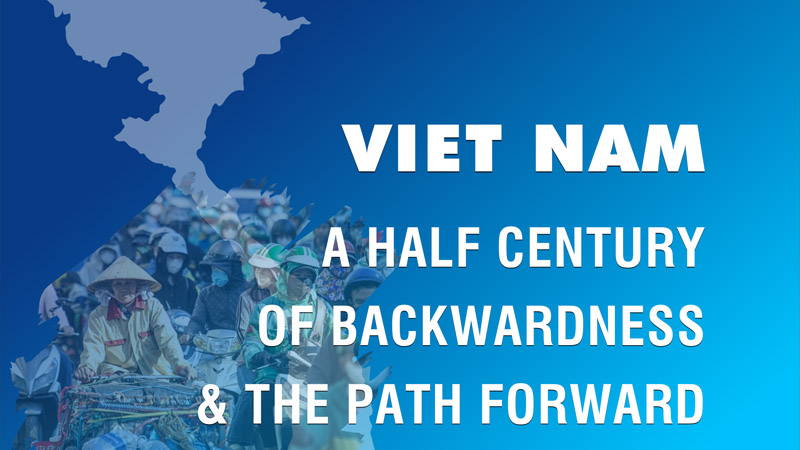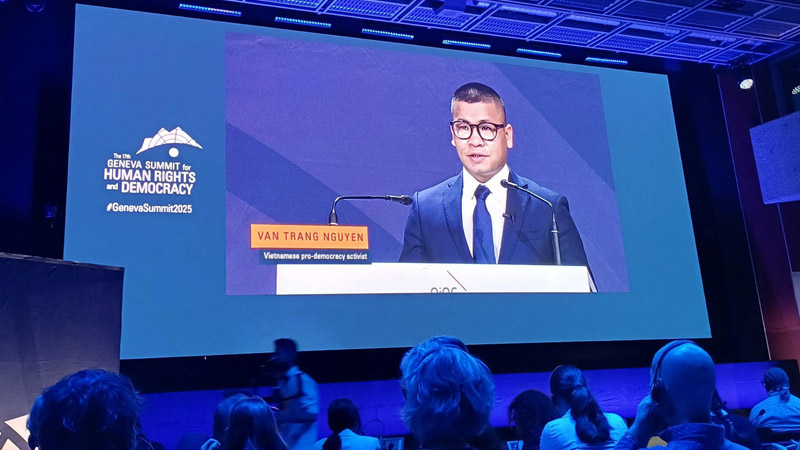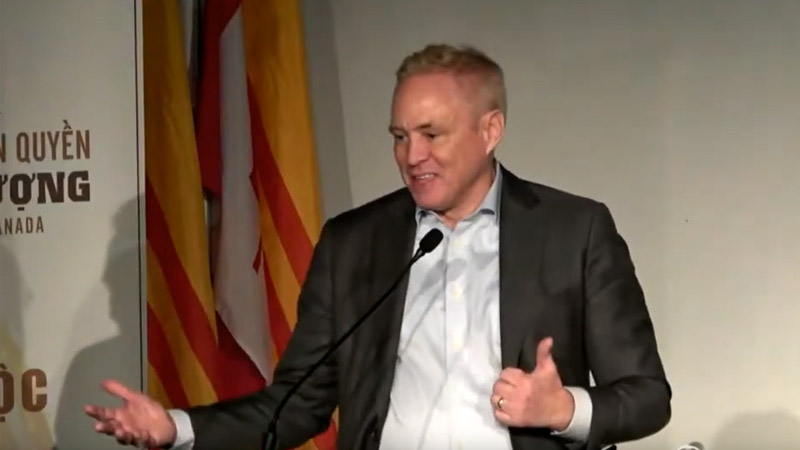HO CHI MINH CITY, July 11 (Reuters) Scores of peasant farmers have protested for three weeks outside a Vietnamese government building over land appropriation for development, one of the longest-running demonstrations of its kind in Vietnam.
Some protesters accuse provincial officials of corruptly taking money from developers riding a boom in an economy that is one of the world’s fastest-growing after China, but which is also showing signs of widening the gap between rich and poor.
For the past decade, small landowners from the provinces have gone to the main urban centres of Ho Chi Minh City and the capital, Hanoi, complaining that the communist-run government had failed to pay them adequate compensation for their land.
A report by the Mekong Economics consultancy said a ’’concern is that a significant elite class in urban and some rural areas has emerged.
’’Most Vietnamese want to be wealthy, and this is certainly not a crime,’’ it said. ’’But if wealth often comes or is perceived to often come from networks of patronage and corruption, that can lead to social instability.’’ Demonstrations take place under police scrutiny and have been mostly peaceful, although there was one reported case of self-immolation by an elderly woman in Hanoi in 2005.
For the past week, groups of demonstrators have camped out in a park in Hanoi as the Communist Party Central Committee held a plenary session on administrative reforms. Next week, the newly elected National Assembly opens an inaugural session.
One woman demonstrator, Huynh Thi Trong from the far southern province of Ben Tre, said her dispute was with local council officials she accused of taking her 15,000 square metres of land.
NO SETTLEMENT ’’I have sent petitions but there have been no invitations to settle this matter, so I came to Hanoi,’’ Trong wrote in documents to officials, copies of which she handed out in the park.
In Ho Chi Minh City, farmers sat or lay in 32 degree Celsius (90 F) heat and humidity under red, white and blue tarpaulin sheets strung up at the door of a National Assembly office.
The protesters, from seven provinces, have tied a row of red and gold-starred Vietnamese flags, red and white banners and a portrait of independence leader Ho Chi Minh along a fence in front of the building. They began their protest three weeks ago on June 22, a spokeswoman for Viet Tan, an overseas Vietnamese organisation backing them said.
Usually such protests last only a few days days.
The demonstration northwest of central Saigon was closely monitored by uniformed and plainclothes police on a busy street that has a church and shops repairing motorbikes and selling floor tiles and other goods.
Police politely asked a Reuters reporter to leave the scene.
’’The government says what these people are doing is not good and you should leave,’’ a uniformed policeman said in English.
The issue of re-appropriation of land and the demonstrations is sensitive enough that it is not routinely reported in Vietnamese media, which are all state-run.
But a front-page article yesterday in the Ho Chi Minh City Police newspaper said the Government Inspectorate had sent notices to officials in the north-eastern city of Haiphong and 10 provinces ’’on settling with the situation of people gathered in large groups in Hanoi’’ and to prevent such gatherings.
It said the provincial officials ’’needed to be proactive in sending authorised officials to coordinate with central-level organs to receive and ask people to come back to their locality for settlement.’’ The spokeswoman for Viet Tan, the US-based party that is outlawed in Vietnam, wrote in an e-mail that the group had given support to peasant demonstrators in the past.
’’We help them on the logistics, they are basically homeless when they go to Hanoi and Saigon because they have no money,’’ she said. ’’Many of these farmers are illiterate so we help them with procedures as well.’’ She said between 800 and 1,000 people had taken part in the Ho Chi Minh City demonstration and some had been arrested.





